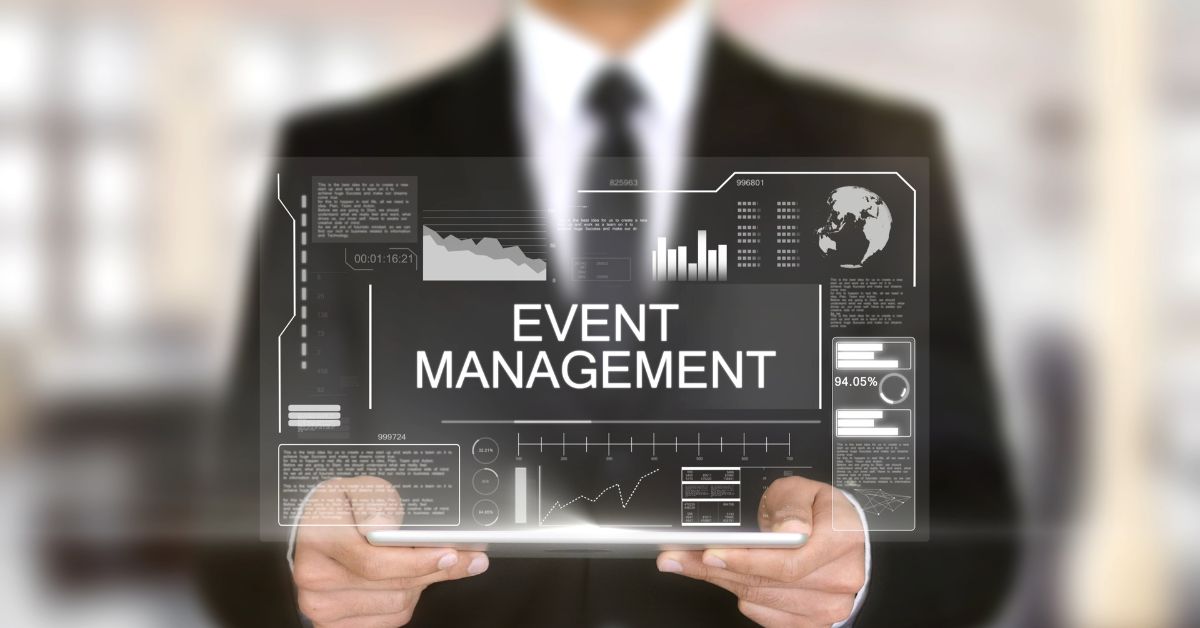
The event management industry is a dynamic field that demands creativity, organizational skills, and a flair for planning and execution. As more individuals gravitate towards this career, many wonder about the time investment required to complete a diploma course in event management. In this blog, we’ll dive into the specifics of the course duration, explore key factors that influence it, and highlight why this field offers exciting opportunities for aspirants.
Typical Duration of a Diploma in Event Management
A diploma in event management is typically a short-term course designed to equip students with the skills and knowledge necessary to succeed in the event planning industry. On average, the course spans 6 to 12 months, depending on the curriculum and mode of study. Some institutions offer accelerated options, enabling students to complete their studies in as little as six months, while more comprehensive programs may extend to a year.
For students considering event management courses after 12th duration, this timeline provides a swift entry into the professional world. The brevity of these programs is an appealing factor for many, as it allows for quick acquisition of practical knowledge and industry exposure.
Factors Affecting Course Duration
The exact length of a diploma in event management course can vary based on several factors, including:
- Mode of Study:
- Full-time programs are typically completed within a shorter timeframe, often 6–8 months.
- Part-time or online options might extend up to a year to accommodate flexible schedules.
- Curriculum Depth: Programs focusing solely on foundational skills may be shorter. However, courses offering specializations like wedding planning, corporate events, or exhibitions tend to take longer.
- Practical Training and Internships: Practical components, such as internships or live projects, can influence the course duration. These elements are vital for students pursuing event management diploma courses as they provide hands-on experience.
For Whom Is a Diploma in Event Management Suitable?
The course caters to a diverse group of students and professionals. Those looking into event management courses after graduation often choose this path to gain specialized knowledge in a short time. Conversely, school leavers considering diploma in event management after 12th find these programs an ideal way to kickstart their careers.
Moreover, the course is suitable for those transitioning from other industries, as it focuses on skill-building in areas such as communication, budgeting, logistics, and creativity. Whether you are starting fresh or enhancing existing skills, this diploma serves as a bridge to a rewarding career.

What You Learn in a Diploma in Event Management
A diploma course in event management covers a range of subjects, ensuring students are well-prepared for the challenges of the industry. Common modules include:
- Event Planning and Coordination: Learning the art of organizing events from conception to completion.
- Budget Management: Gaining insights into cost estimation and financial planning.
- Marketing and Promotion: Understanding the importance of social media, advertising, and public relations in promoting events.
- Risk Management: Preparing for unforeseen circumstances to ensure smooth event execution.
- Vendor and Client Relations: Developing skills to collaborate with vendors and satisfy client expectations.
These aspects make diploma courses in event management both comprehensive and practical, allowing students to apply theoretical knowledge in real-world scenarios.
Career Opportunities After Completion
The versatility of a diploma in event management opens doors to various career paths. Graduates can explore roles such as event coordinator, wedding planner, exhibition manager, corporate event specialist, or even start their own event planning business.
For students who completed event management courses after 12th duration, the early start allows them to build substantial industry experience. Similarly, those pursuing event management courses after graduation benefit from enhanced career prospects by combining prior education with specialized skills.
Advantages of Pursuing a Diploma in Event Management
- Time-Efficient Learning: A diploma in event management course is ideal for those looking to enter the industry without spending years in traditional degree programs.
- Practical Approach: These courses prioritize hands-on learning, preparing students for real-world challenges.
- Diverse Opportunities: The demand for skilled event planners spans industries such as hospitality, corporate sectors, and entertainment.
- Flexibility: Options for part-time and online study make it accessible for students with varying commitments.
Whether you’re exploring event management diploma courses to start your career or add value to your current profession, the time investment is relatively short, making it a compelling option for many.
Choosing the Right Course Duration
When deciding on a program, consider your personal and professional goals. If you are a school leaver evaluating event management courses after 12th duration, a shorter program might align with your eagerness to enter the workforce. On the other hand, if you’re seeking advanced knowledge through event management courses after graduation, a more detailed curriculum with internships could be beneficial.
Research the program’s structure, including its balance between theoretical learning and practical application, to ensure it matches your career aspirations.
“A diploma course in event management offers a comprehensive and time-efficient pathway to one of the most dynamic and fulfilling career fields. With durations typically ranging from 6 to 12 months, these programs are ideal for students and professionals eager to make a swift yet impactful transition into the world of event planning.
NIEM, a leading event management institute in India, provides specialized diploma programs that equip students with industry-relevant expertise and practical skills needed to excel in the field.
Whether you’re stepping in fresh with diploma in event management after 12th or adding specialized skills to your resume, the course equips you with industry-relevant expertise. By investing your time wisely in this structured yet compact learning experience, you set the foundation for a thriving career in event management.”

